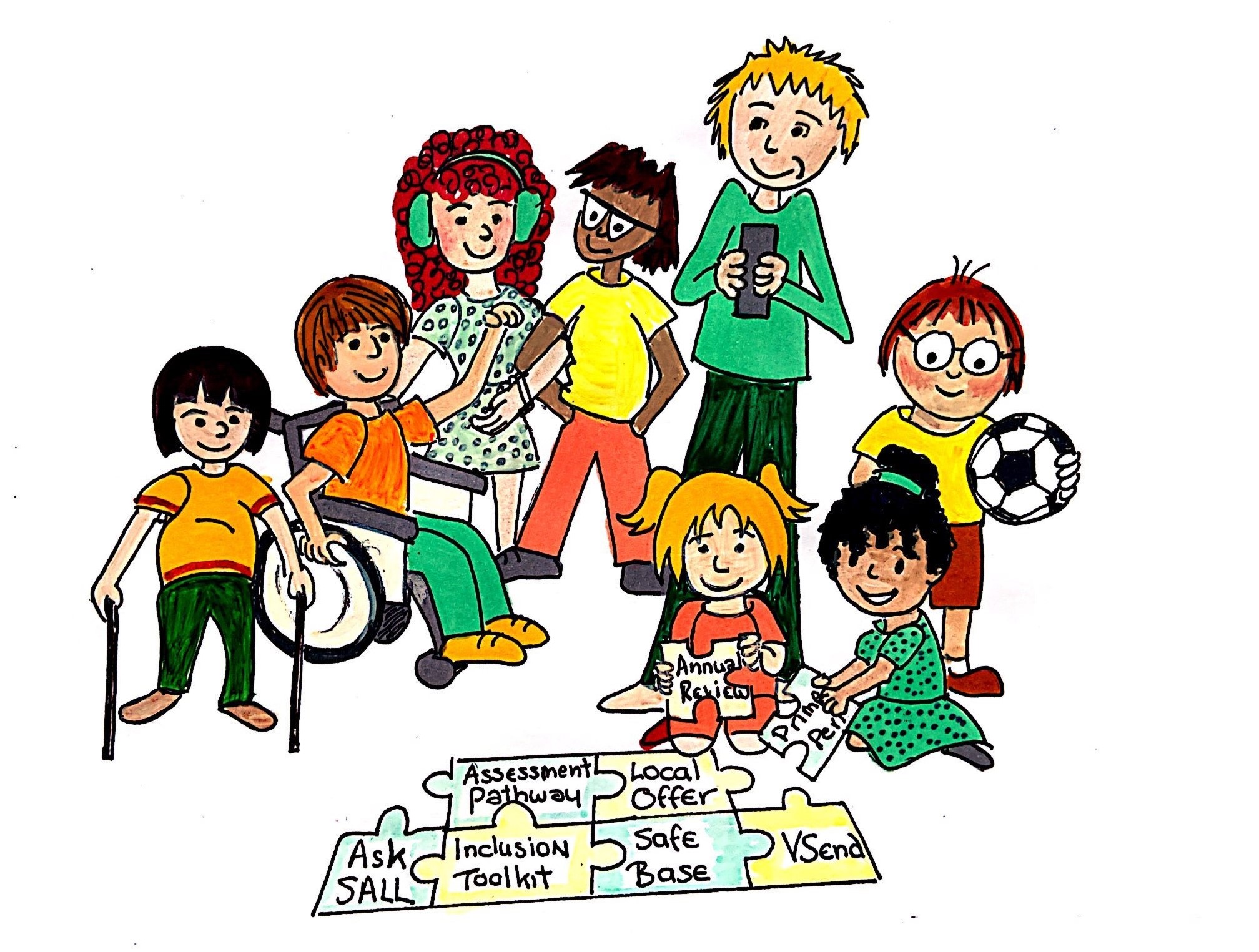High quality teaching
"To a great extent, good teaching for pupils with SEND is good teaching for all."
The SEND guidance report by the Education Endowment Foundation details five key recommendations for special education needs in mainstream schools.
Recommendation 3 states that all pupils should have access to High Quality Teaching (HQT) which includes:
- flexible grouping: research has suggested that streaming can be detrimental to some pupils' learning and may have longer term negative effects on attitudes and engagement with education. An alternative approach may be to allocate pupils to groups flexibly based on the individual needs that they currently share with other pupils. This can also allow teachers to set up opportunities for collaborative learning.
- cognitive and metacognitive strategies: this involves explicitly teaching pupils metacognitive strategies, including how to plan, monitor, and evaluate their learning; modelling thinking; promoting and developing metacognitive talk in the classroom; explicitly teaching pupils how to effectively manage their learning independently.
- explicit instruction: this refers to a range of teacher-led approaches focused on teacher-led demonstration followed by guided practice and independent practice.
- technology successful approaches should include using instructional apps (apps that provide instruction, modelling or practice opportunities for a wide range of skills); non-instructional app (that provide tools to aid learning, such as note-taking apps); speech-gathering apps to augment to communication skills of pupils with communication difficulties.
- scaffolding: this is a metaphor for a temporary support that is removed when it is no longer required. Initially, a teacher would provide enough support so that pupils can successfully complete a task that they could not do independently


